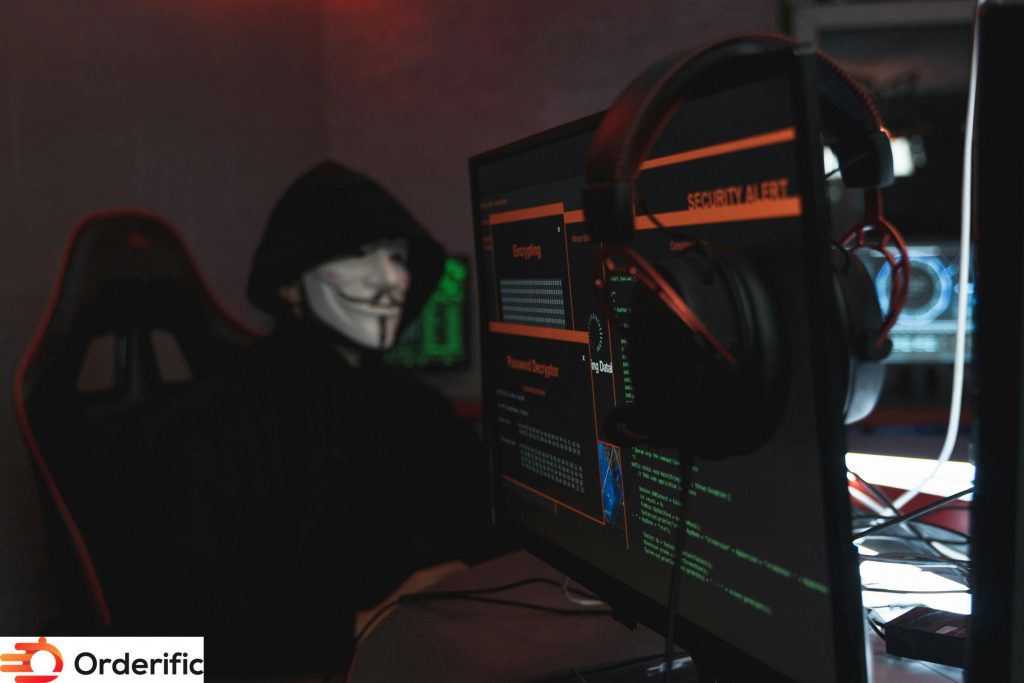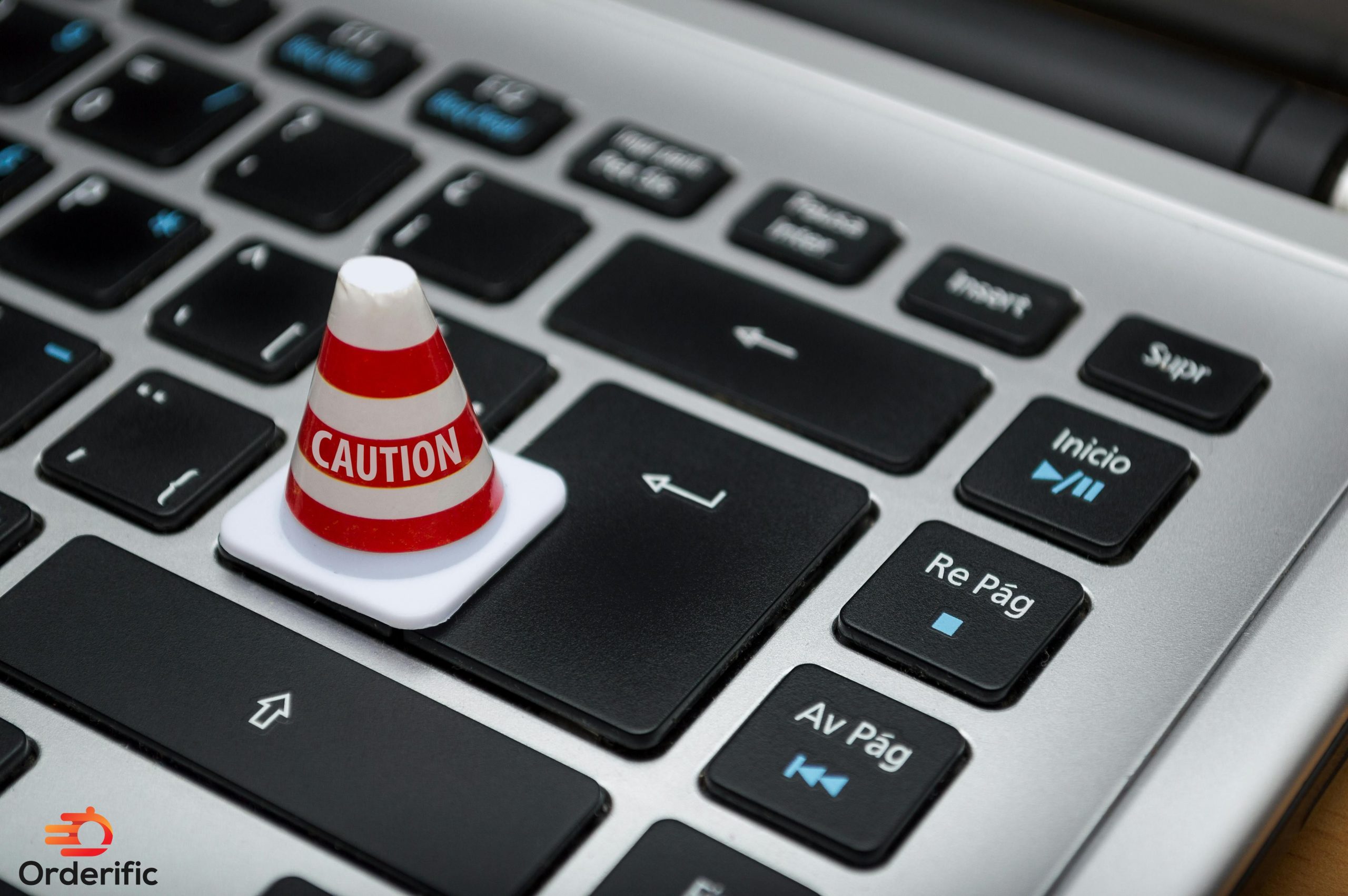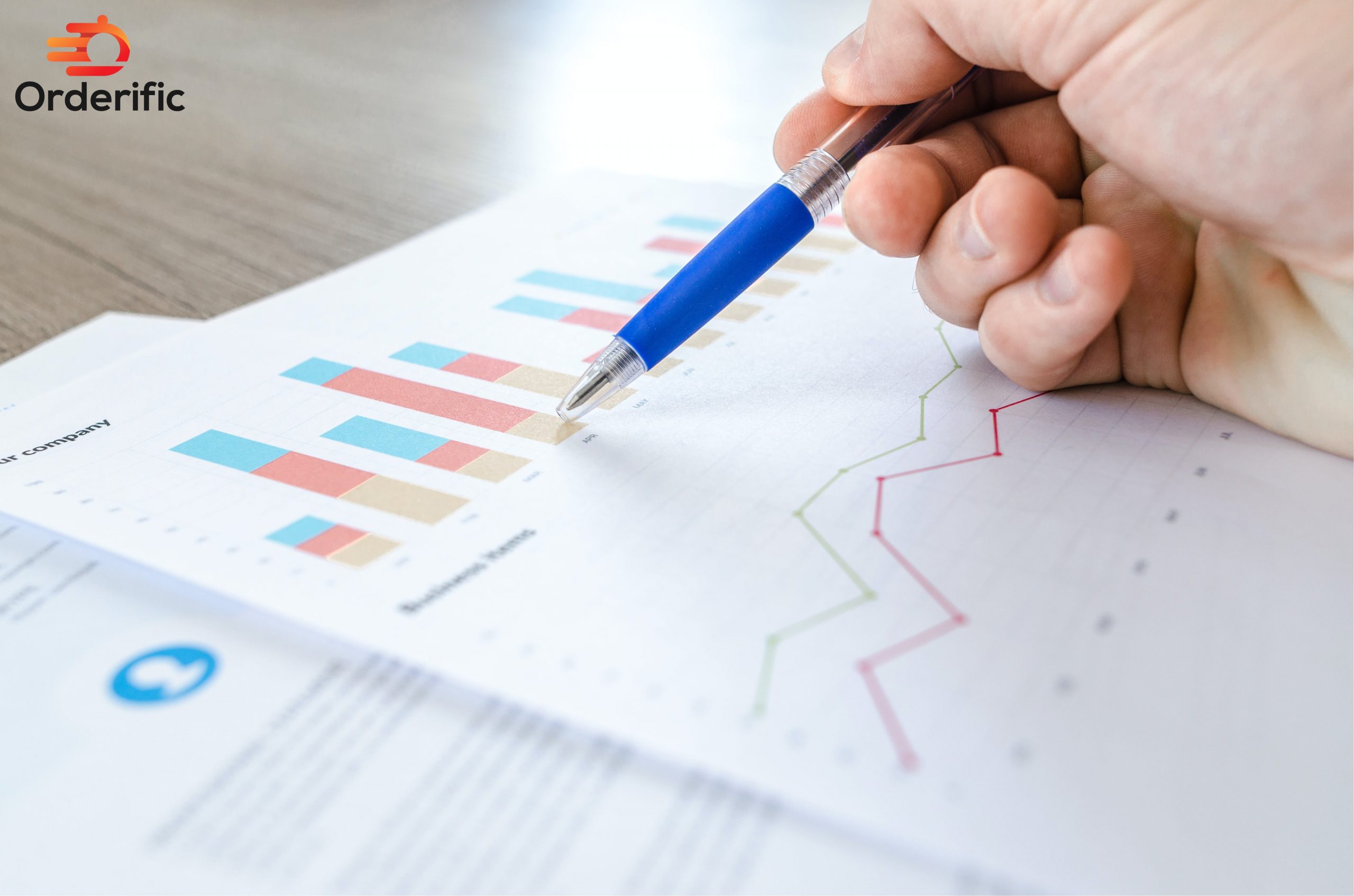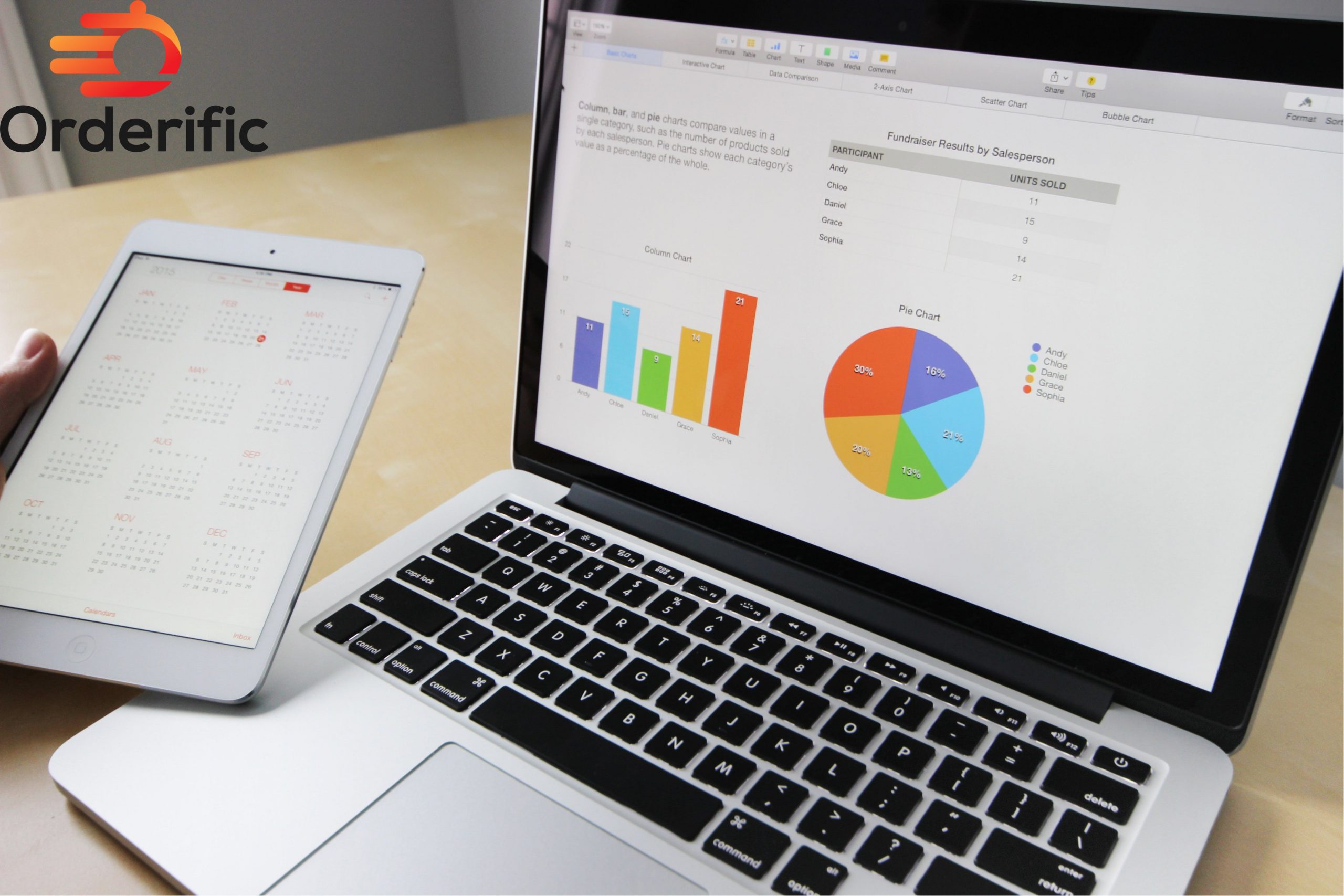Introduction
Data protection and privacy have become paramount for event planners in the digital age. As the industry evolves, the protection of the personal information of attendees is not just a choice but a necessity. Abiding by privacy laws like the General Data Protection Regulation and the California Consumer Privacy Act is integral to maintaining trust among attendees and complying with legal obligations. The role of a data protection officer is becoming increasingly significant, as they ensure that sensitive data is secured and data privacy laws are adhered to. This guide aims to provide a comprehensive understanding of data protection and privacy in the event management landscape, equipping event planners with the knowledge to uphold data privacy and navigate potential risks.
Location Legal Requirements
The first step in providing robust data protection is understanding the legal requirements. The General Data Protection Regulation (GDPR) is a data privacy law that the European Union enacted, but it affects organizations worldwide. This law protects the personal data of EU citizens, regardless of where the data is being processed. Failing to comply with GDPR can result in hefty fines, making it essential for event planners to understand and follow this regulation.
Similarly, the California Consumer Privacy Act (CCPA) is a state statute intended to enhance privacy rights and consumer protection for California, United States residents. Even if your event is not located in California, if any of your attendees are California residents, your event is subject to CCPA. Understanding these two fundamental privacy laws is the first step toward ensuring data privacy.
Data Protection Officer (DPO) And Their Role
In light of these complex regulations, many organizations recognize the importance of appointing a data protection officer (DPO). The DPO plays a crucial role in overseeing how the organization collects, processes, stores, and discards personal data, ensuring compliance with data protection laws.
The DPO goes beyond mere oversight – they actively work to embed data protection principles into the organizational culture. This involves raising employees’ awareness about their data privacy responsibilities and providing training on best practices. By fostering a data protection culture, the DPO helps create an environment where privacy is valued and respected.
Another responsibility of the DPO is to conduct privacy impact assessments (PIAs). These assessments help identify and mitigate potential privacy risks associated with the organization’s activities. The DPO ensures that privacy is prioritized throughout the organization’s operations by evaluating the impact on individuals’ privacy and implementing necessary measures.
Securing Personal Information: The Role Of Event Planners
As an event planner, your role in data protection is essential and crucial for the success and trust of your attendees. When individuals register for an event, they entrust you with significant personal information. This can include basic details like names and email addresses and more sensitive data such as dietary restrictions or accessibility requirements.
To meet your responsibility effectively, ensuring that this data is stored securely using industry-standard encryption and access controls is imperative. Implementing measures such as regular data backups and restricted access to authorized personnel can further enhance the security of the information.
Moreover, it is vital to use this data solely for its intended purpose, which is to facilitate a seamless and personalized event experience for each attendee. Respecting their privacy and adhering to relevant data protection regulations, such as GDPR or CCPA, is a legal obligation and a way to build trust and loyalty among your audience.
Privacy Notices And Binding Corporate Rules
Transparency plays a pivotal role in ensuring data protection. Privacy notices serve as a means to provide attendees with comprehensive information regarding their data usage. These notices should be clear, concise, and easily accessible but also delve into attendees’ rights under data protection laws. For instance, attendees should be informed about their right to access their data, request its deletion, and exercise other relevant rights such laws grant. By providing this level of detail, organizations can establish trust and foster a more substantial commitment to safeguarding attendee data.
Binding Corporate Rules (BCRs) are another critical tool for ensuring data privacy. These are internal rules adopted by multinational companies to allow the transfer of personal data outside of the EU in compliance with GDPR. If your event involves data sharing across borders, BCRs can play a crucial role in protecting personal data.
Looking Forward: Data Privacy Week And Future Trends
Data Privacy Week is a global initiative dedicated to raising awareness about privacy and data protection. It presents event planners with an excellent opportunity to enhance their knowledge and equip their teams with the latest trends and best practices in safeguarding data privacy. As we navigate the ever-changing landscape of technology and information, we can anticipate continuous evolution in privacy laws and regulations, making data protection an ongoing priority for event planners. By staying informed and proactive, event planners can ensure that they are well-prepared to address the challenges and opportunities that arise in the realm of data privacy.
Safeguarding personal information can seem daunting, but it is entirely achievable with the proper knowledge and tools. By understanding privacy laws, appointing a DPO, adopting BCRs, and providing clear privacy notices, you can ensure that your event complies with data privacy regulations and build trust with your attendees.
Establish Purpose And Collect Only What You Need

In the realm of event planning, data collection is a necessary process. However, it’s important to note that only some data is needed for some events. Event planners should only collect personal data, which is essential to facilitate a seamless event experience. Establishing a clear purpose for data collection at the onset can help ensure that only necessary data is gathered and stored. This approach aligns with data protection laws like the General Data Protection Regulation (GDPR) and the California Consumer Privacy Act (CCPA). It enhances data privacy by reducing the amount of personal information at risk of data breaches.
Why Establishing Purpose Is Crucial
Establishing the purpose of data collection before the event is a critical step in achieving robust data protection. By clearly defining the objectives and scope of data collection, event organizers can create a comprehensive framework that outlines what specific data is necessary, how long it should be retained, and who should access it. This meticulous approach aligns perfectly with the principles of data minimization and purpose limitation, which are fundamental pillars of privacy laws like the GDPR.
Adhering to these principles ensures that event planners only gather the data essential for the event’s success, minimizing the risk of compromised sensitive information. This meticulous approach contributes to enhanced data privacy for all attendees, fostering trust and confidence in the event. Additionally, it demonstrates a commitment to upholding the highest privacy and data protection standards, which is crucial in today’s increasingly data-driven world.
Thoughtful Collection Of Personal Information
Ensuring data privacy involves a thoughtful collection of personal information. This entails discerning the type of personal data gathered and maintaining transparency with attendees regarding the data collection process. For instance, while names and email addresses may be necessary for registration, other details like dietary preferences or accessibility needs should only be collected if directly relevant to the event. By adopting this approach, we minimize the volume of personal information collected and optimize data management, safeguarding privacy and enhancing efficiency.
The Role Of The Data Protection Officer
The role of the Data Protection Officer (DPO) in this process is critical. As a key figure in safeguarding data privacy, the DPO is vital in guiding the data collection process. By closely monitoring and overseeing data collection, the DPO ensures that it aligns with relevant privacy laws and data privacy standards. With their expertise, the DPO ensures that personal information is treated with the utmost care and protection, mitigating the risk of unauthorized access or misuse. By embracing the principles of privacy by design, the DPO acts as a guardian of data privacy, instilling confidence in stakeholders and reinforcing the organization’s commitment to protecting personal information.
Act Of Balancing: Collecting Data Vs Respecting Privacy
Striking a delicate balance between collecting necessary data and respecting attendees’ privacy is paramount for event planners. While data can undoubtedly enhance the event experience by personalizing it and ensuring seamless operation, it is crucial to prioritize and uphold the privacy of attendees. This can be achieved by implementing a clear and comprehensive privacy notice that outlines how the collected data will be used and by diligently adhering to relevant privacy laws and regulations. By proactively maintaining this equilibrium, event planners can cultivate trust among attendees and foster a more prosperous and enjoyable event where individuals feel confident and comfortable engaging with the occasion and their fellow participants.
Ensuring Compliance With Data Privacy Laws
In today’s digital age, staying updated with changes in data privacy laws is crucial for event planners. The General Data Protection Regulation (GDPR) and the California Consumer Privacy Act (CCPA) are two key regulations that demand attention. By obtaining regular training and guidance from a Data Protection Officer (DPO), event planners can ensure they are fully aware of their obligations under these laws. This comprehensive understanding helps prevent fines or legal issues resulting from non-compliance and fosters a culture of data privacy and protection within the event planning industry. By actively embracing and implementing these regulations, event planners can build trust with attendees and stakeholders, ensuring the security and confidentiality of personal information and ultimately enhancing their reputation as responsible and trustworthy professionals.
Conclusion
As we move further into the digital age, data privacy continues to grow in importance. Event planners must embrace their role in data protection, ensuring they collect only the necessary personal information. By establishing a clear purpose for data collection, being thoughtful about the personal data collected, and ensuring compliance with data privacy laws, event planners can provide a secure and enjoyable experience for attendees. This effort enhances the event’s reputation and builds trust among attendees, fostering a more substantial relationship for future events. Thus, data privacy is a legal obligation and a core component of successful event management.
Include A Privacy Notice When Collecting Information
As we navigate deeper into the digital age, the importance of privacy notices cannot be understated, especially in event planning. A privacy notice serves as a clear, concise statement that informs attendees about how their personal data will be handled, providing much-needed transparency in the data collection process. It’s a crucial tool for event planners to uphold data privacy and assure attendees about their commitment to data protection.
Event planners collect a wide range of personal information from attendees, including names, contact details, dietary preferences, and accessibility needs. This data is essential for managing the event and delivering a personalized experience. However, gathering this data also places a substantial responsibility on planners to ensure its security and confidentiality.
Here, privacy notices come into play, serving as a bridge between data collection and data privacy. By clearly explaining how attendee data will be used, stored, and protected, privacy notices empower attendees with knowledge and promote a sense of trust and confidence in the event.
Creation Of An Effective Privacy Notice
Creating an effective privacy notice is a vital part of achieving robust data protection. It should be straightforward and easy-to-understand, devoid of legal jargon that may confuse attendees. Furthermore, it should be accessible, available to attendees at the point of data collection.
The privacy notice should clearly state the purpose of data collection. This aligns with the principle of ‘purpose limitation,’ a key aspect of the General Data Protection Regulation (GDPR). It limits data collection to specific, explicit, and legitimate purposes, ensuring that attendees’ personal data is not processed in a manner that infringes upon their privacy.
The privacy notice should also inform attendees about their rights under data privacy laws. This includes their right to access their personal data, request corrections, object to processing, and request deletion. By outlining these rights, privacy notices reinforce the notion of ‘data subject empowerment,’ a cornerstone of the GDPR and the California Consumer Privacy Act (CCPA).
Last but not least, the privacy notice should offer information on data sharing, if applicable. If personal data will be shared with third parties or transferred outside the United States, attendees should be informed. This disclosure is especially crucial if personal data will be transferred to countries that do not ensure an adequate level of data protection according to the Privacy Shield.
The Role Of Data Protection Officer In Privacy Notices
The role of the Data Protection Officer (DPO) in crafting privacy notices is crucial for organizations in today’s data-driven world. With their expertise and deep understanding of privacy laws, the DPO plays a pivotal role in guiding the creation of a comprehensive and legally compliant privacy notice.
The DPO ensures that the privacy notice encompasses all the necessary information that individuals need to know about the processing of their personal data. From clearly outlining the purpose and legal basis for data collection to explaining the rights individuals have over their data, the DPO ensures that the privacy notice is transparent and informative.
Moreover, the DPO carefully reviews and ensures that the privacy notice adheres to various data privacy laws, such as the General Data Protection Regulation (GDPR) and the California Consumer Privacy Act (CCPA). By doing so, the DPO helps mitigate the risk of violations that could lead to penalties and legal repercussions from regulatory authorities or the Attorney General.
Conclusion: Privacy Notices As A Key To Trust
Privacy notices are far more than a requirement under privacy laws – they are a cornerstone of trust between event planners and attendees. They demonstrate a genuine commitment to data privacy, showing attendees that their personal data is valued and carefully managed.
By adhering to data privacy laws, respecting attendees’ rights, and providing clear, concise privacy notices. Event planners can foster a culture of data privacy and protection. This not only enhances the event experience for attendees but also solidifies the event planner’s reputation for upholding data protection.
As we look forward to Data Privacy Week. Let’s remember the importance of data privacy and the role of privacy notices in achieving this goal. Let’s strive to create events that are not just successful, but also safe havens for personal data. The path to robust data protection begins with a single step – a privacy notice.
Individual Participation: Get Active Consent Before You Use That Data
Active consent is a fundamental aspect of data privacy, particularly in the realm of event planning. It occurs when individuals willingly agree to the use of their personal data. Having been informed about the purpose of data collection and how their data will be utilized. Event planners must ensure they obtain active consent from attendees before using their data. Aligning with key data protection regulations like GDPR and CCPA.
Consent, in the context of data protection, cannot be presumed or inferred merely from silence or pre-ticked boxes. It necessitates a clear and affirmative action that explicitly demonstrates the attendee’s agreement. This step not only empowers individuals to exercise control over their personal data but also emphasizes respect for their privacy.
By requiring a specific and intentional action. Organizations ensure that individuals fully understand and actively acknowledge the use of their personal information. This approach fosters transparency and trust, as it encourages open communication and informed decision-making.
Furthermore, keeping a record of the obtained consent serves as crucial evidence of compliance. Especially in the event of an audit or investigation. By maintaining comprehensive documentation, organizations can showcase their commitment to data protection and accountability. Ensuring that they are prepared to address any potential inquiries or scrutiny effectively.
Finally, in order to ensure attendees’ full control over their personal data. It is crucial to provide them with the option to easily withdraw their consent, just as they gave it initially. This active consent practice not only reinforces attendees’ control. But also strengthens their trust in event planners and enhances data protection measures. By aligning with legal requirements and promoting responsible and ethical data practices. Event planners can establish a solid foundation for effective and secure data management in event management.
Issues With Photographs
In the realm of event management, taking photographs is a common practice, capturing memorable moments and participants’ experiences. However, it also brings to the fore significant data protection concerns. As photographs can constitute ‘personal data’ under data privacy laws such as GDPR and CCPA when individuals are identifiable. Given the sensitivity of this issue, it is imperative for event organizers to adopt appropriate measures to respect privacy and comply with the law.
Firstly, it is crucial to obtain explicit consent from all attendees before capturing their photographs. This ensures that they fully understand the purpose and intended usage of these images. By being transparent about the purpose, attendees can make informed decisions and exercise their rights. It is also important to inform attendees about their right to object to the use of their photographs. And provide a clear process for withdrawing consent at any time. This approach not only respects attendees’ autonomy but also promotes a culture of trust and respect in any event.
Secondly, clear signage should be put up at event venues indicating that photography is taking place. This alert serves as a transparent way to inform attendees and allows them to avoid areas of the event where they may be photographed.
Lastly, when publishing these photographs, whether on websites, social media platforms. Or promotional materials, ensure that they do not infringe upon attendees’ privacy rights. If the photographs capture personal details like name tags, it’s important to de-identify them unless permission has been specifically granted.
Adopting these measures will not only ensure compliance with data protection laws. But also foster trust among attendees, enhancing their overall event experience. Remember, a successful event not only creates lasting memories but also respects the privacy of its participants.
Photography In Public Vs. Private Events
The distinction between public and private events significantly impacts the interpretation and application of data privacy laws for photography. In public events, attendees generally have a lesser expectation of privacy. Taking photographs for personal use often doesn’t require explicit consent. However, if these images are intended for commercial use, getting explicit consent becomes vital to align with data protection regulations. In contrast, private events, by their nature, elicit a higher expectation of privacy. Consequently, explicit consent is required regardless of the intended use of photographs. It’s important for event planners to understand these distinctions and adapt their data protection practices accordingly. In both cases, informing attendees about photography, respecting their consent. And handling their personal data responsibly are paramount to uphold data privacy laws and nurture trust between event organizers and attendees.
Facial Recognition At Events
Facial recognition technology is revolutionizing the event management industry. Offering a myriad of benefits such as improved security measures and seamless registration processes. However, its usage also raises pertinent data privacy concerns. Under data protection laws like GDPR and CCPA. Facial images are regarded as ‘personal data,’ and, their collection, storage, and use necessitate strict adherence to data privacy principles.
Before implementing facial recognition at events, obtain active consent from attendees. They should be fully aware of how their facial data will be used and stored. The duration of storage, and how they can withdraw consent. It is equally important to ensure the secure storage of this sensitive data, safeguarding it against potential breaches.
If any third-party vendors are involved in processing facial data, thorough due diligence is necessary. The event organizers must ensure that these vendors adhere to the same rigorous data protection standards.
The use of facial recognition technology presents a unique challenge for event organizers. Balancing the desire for increased efficiency and security with their legal obligations towards data privacy can indeed be a tightrope walk. Nevertheless, with prior planning and appropriate data protection measures. It’s possible to leverage this technology while still respecting attendee privacy rights. Thereby enhancing event experiences while promoting a culture of data privacy and trust.
Conclusion
In conclusion, data privacy and protection in event management is not merely a legal requirement. But a fundamental aspect of fostering trust between event organizers and attendees. The rights of attendees to control and protect their personal information must be respected at all times. From proper crafting of notices to obtaining consent, from careful handling of photographs to responsible use of facial recognition technology. Every action has a significant impact on the overall event experience. A culture of transparency, respect, and accountability towards data protection not only safeguards against legal repercussion. But also solidifies an event planner’s reputation for upholding the highest standards of data privacy.
We at Orderific recognize the importance of robust data protection measures in creating seamless event experiences. Our platform is designed with your data privacy concerns in mind. Providing secure and compliant solutions that respect the privacy of your attendees. Interested to know more? Book a demo with us today and learn how you can make your events not just successful, but also safe havens for personal data.
FAQs
How do event management platforms ensure the protection of sensitive attendee data?
Event management platforms ensure data protection through robust security measures, compliance with data privacy laws, and by obtaining informed consent from attendees.
What security measures are implemented to prevent unauthorized access to event information?
Security measures include encryption, strong access controls, and regular security audits.
Are event management platforms compliant with data protection regulations, and how is compliance maintained?
Yes, they are compliant and maintain compliance through regular audits, updates, and adherence to legal changes.
How can event organizers and attendees actively contribute to data protection within these platforms?
Event organizers can ensure they strictly follow data privacy laws. While attendees can exercise their rights to control, access, and delete their personal data.
In the event of a data breach, what protocols and measures are in place to address and rectify the situation?
In the event of a data breach, immediate notification protocols are followed. The breach is investigated, and corrective measures are implemented to prevent recurrence.













